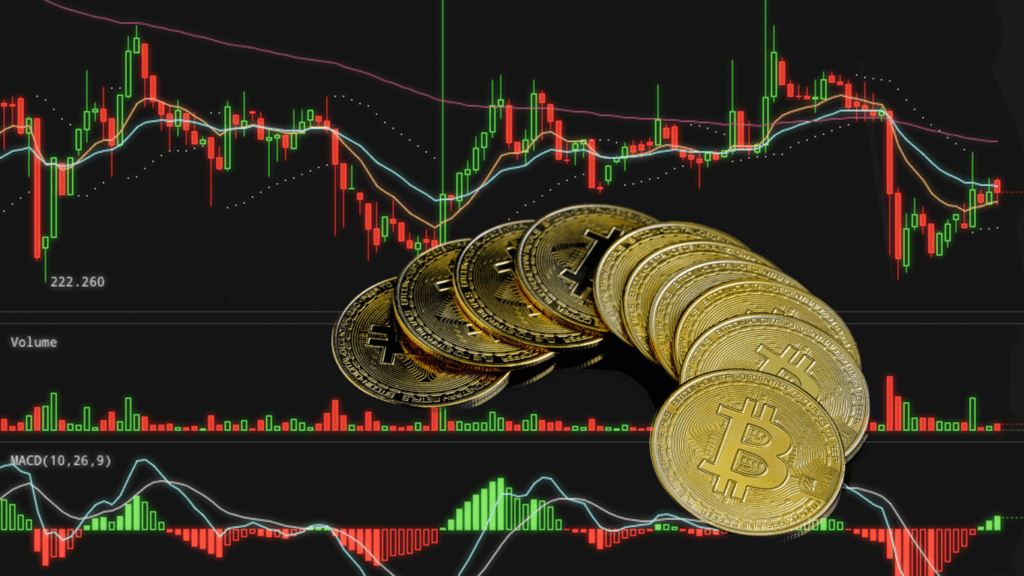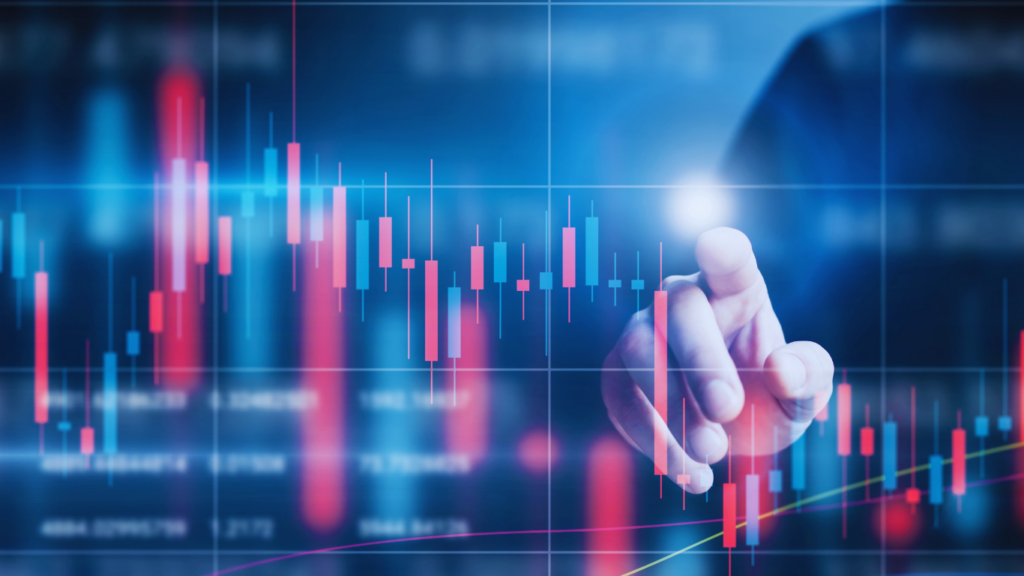Crypto trading can feel like navigating a maze, especially with the fast-paced market and constant influx of new tools. I’ve been there—trying to figure out which platforms are worth my time and which tools actually make a difference. The right resources can save you hours of frustration and help you make smarter trading decisions.
Best Tools And Platforms For Crypto Traders: An Overview
Choosing the right tools can significantly improve trading strategies, making decision-making faster and more accurate. I rely on tools that address various aspects of trading, from analytics to portfolio management and market tracking. Below are essential categories of tools every trader should consider.
1. Crypto Exchanges
Trading begins with selecting a reliable exchange. Platforms like Binance, Coinbase Pro, and Kraken offer high liquidity, advanced trading features, and robust security. Binance provides over 600 cryptocurrencies for trading, while Coinbase Pro focuses on ease of access and regulatory compliance.
2. Charting Tools
In-depth analysis requires advanced charting platforms such as TradingView and Coinigy. TradingView includes a wide range of technical indicators, drawing tools, and social sharing features. Coinigy integrates seamlessly with multiple exchanges, enabling easy monitoring of all trading accounts.
3. Portfolio Trackers
Managing investments is crucial for tracking performance. Apps like CoinStats and Delta help traders monitor assets across wallets and exchanges. CoinStats supports over 400 integrations, while Delta provides real-time price alerts and transaction history analysis.
4. Market Data Aggregators
Aggregators offer insights into price trends, market volumes, and news updates. CoinGecko and CoinMarketCap are popular options. CoinGecko includes fundamental analysis metrics, while CoinMarketCap aggregates data from over 11,000 coins.
5. News Platforms
Staying updated ensures quick action on market shifts. CryptoPanic and CoinTelegraph provide curated news and real-time alerts. CryptoPanic consolidates updates from multiple sources, while CoinTelegraph delivers in-depth reporting on market developments.
6. Crypto Bots
Automated bots streamline repetitive tasks. Platforms like 3Commas and Kryll support strategies such as arbitrage and grid trading. 3Commas offers customizable algorithms, and Kryll provides a drag-and-drop interface for strategy building.
7. Educational Platforms
Learning tools expand trading expertise. Investopedia and Binance Academy deliver comprehensive resources for improving market understanding, covering topics like blockchain basics and advanced trading tactics.
Strategically combining tools from these categories enhances efficiency and increases the likelihood of achieving consistent trading success.
Trading Platforms
Choosing the right trading platform is critical for executing trades in crypto markets. I examine centralized exchanges, decentralized exchanges, and essential platform features to help you make informed decisions.
Centralized Exchanges
Centralized exchanges (CEXs) serve as intermediaries for crypto trading. Platforms like Binance, Coinbase Pro, and Kraken dominate this category. Binance offers extensive altcoin support, Coinbase Pro ensures ease of use with regulatory compliance, and Kraken is known for high liquidity in fiat-crypto pairs. CEXs offer advanced features like margin trading, spot trading, and futures markets, making them popular among traders of all experience levels. Security is usually robust, with features like two-factor authentication and cold wallet storage for funds.
Decentralized Exchanges
Decentralized exchanges (DEXs) operate without intermediaries, enabling peer-to-peer cryptocurrency transactions. Platforms like Uniswap, PancakeSwap, and SushiSwap exemplify leading DEXs. DEXs rely on blockchain technology and smart contracts to ensure secure transactions. They often feature lower fees and a wide selection of tokens, especially for lesser-known projects. Many traders use DEXs to access early-stage tokens unavailable on larger CEXs. However, DEXs generally lack customer support and may require manual management of private wallets.
Features To Consider In Trading Platforms
When selecting a trading platform, I focus on functionality, usability, and security. Comprehensive charting tools are essential for technical analysis. High liquidity ensures smoother trades, particularly for large orders. Fee structures significantly affect profitability; some platforms charge flat fees, while others use a maker-taker model. Integrations with portfolio trackers simplify monitoring across exchanges. Regulatory compliance offers peace of mind by reducing risks of legal challenges. A reliable mobile app and responsive customer support enhance accessibility and user experience.
Portfolio Management Tools

Effective portfolio management tools simplify tracking and optimizing cryptocurrency investments. These tools provide clear insights into asset distribution, historical performance, and overall market exposure.
Importance Of Tracking Your Investments
Accurate tracking of investments ensures informed decision-making and risk management. Without proper tracking, I risk missing trends, overexposing myself to certain assets, or failing to identify underperforming holdings. Monitoring my portfolio also helps evaluate diversification, enabling adjustments to align with evolving market conditions.
Best Tools For Managing Crypto Portfolios
- CoinStats: CoinStats integrates with multiple wallets and exchanges, offering real-time portfolio updates. I can access detailed analytics, profit-loss statements, and market notifications, all in one app.
- Delta: Delta provides in-depth insights into holdings and supports over 7,000 crypto assets. It offers syncing across devices, customizable alerts, and daily portfolio summaries.
- Kubera: Kubera combines crypto tracking with traditional financial portfolios. I can track diverse assets like stocks, real estate, and cryptocurrencies, creating a holistic view of my finances.
- Zerion: Zerion specializes in DeFi portfolios, making it easy to track decentralized assets. It supports wallet connections, token swapping, and DeFi activity monitoring.
- Altrady: Altrady includes portfolio tracking with advanced trading tools. Its features include multi-exchange connectivity, performance metrics, and consolidation of holdings across platforms.
Using any of these tools ensures streamlined portfolio visibility, helping me maintain control over my crypto investments and make data-driven decisions.
Analytical Tools For Crypto Traders
Staying informed and analyzing data efficiently are key to success in crypto trading. I rely on specialized analytical tools to monitor prices, evaluate trends, and execute data-driven strategies.
Price Tracking Platforms
Accurate price tracking is essential for identifying opportunities in volatile crypto markets. Platforms like CoinMarketCap and CoinGecko aggregate price data, market capitalization, trading volume, and historical charts. CoinMarketCap tracks over 25,000 coins across more than 650 exchanges. CoinGecko provides in-depth metrics, including developer activity and community engagement, helping me gauge a cryptocurrency’s overall health.
For real-time alerts, I use Blockfolio, which supports customizable notifications for price movements. Its seamless integration with exchanges offers portfolio tracking alongside price alerts. Another efficient tool is CryptoCompare, which delivers live tickers, streaming quotes, and coin comparisons.
Charting And Technical Analysis Tools
Advanced charting tools help me dive deep into market trends. TradingView offers dynamic charts with over 100 indicators, drawing tools, and multi-timeframe analysis. Its customized strategies feature automated backtesting for validating trading approaches. Coinigy is another robust platform, integrating with more than 45 exchanges to handle chart analysis and trade execution from a unified interface.
Additionally, I use CryptoQuant to analyze on-chain data like fund flows, miner activities, and network behavior, which provides insights unavailable through traditional charts. For those prioritizing open-source tools, TA-Lib allows precise technical analysis through a programmable Python interface.
Risk Management And Security Solutions
Crypto trading involves significant risks, making robust security measures and effective risk management tools essential. Safeguarding assets and maintaining a calculated approach to trading can mitigate potential losses.
Crypto Wallets And Security Tools
Storing digital assets securely starts with choosing the right wallet. Hardware wallets like Ledger Nano X and Trezor offer offline storage, minimizing the risk of hacking. For accessible yet secure options, software wallets such as Exodus and Trust Wallet feature user-friendly interfaces and encryption.
Authentication tools like Google Authenticator and YubiKey enhance account security with two-factor authentication (2FA). Additionally, platforms like MetaMask, which support decentralized finance (DeFi) interactions, include built-in security features to protect private keys and manage permissions.
Risk Management Tools For Traders
Effective risk management tools help monitor exposure and implement strategies that align with trading goals. Position sizing calculators, such as those offered by MyCryptoBuddy and Forex Calculators, assist in determining trade sizes based on risk-to-reward ratios. Applications like Shrimpy and Altrady enable portfolio rebalancing to avoid overexposure to volatile assets.
Stop-loss and take-profit features integrated within exchanges like Binance and Kraken allow traders to set automatic exit points. Risk management dashboards, such as those from CoinMarketMan, track profit-and-loss metrics and overall trade performance in real-time.


 Founder & Blockchain Visionary
Founder & Blockchain Visionary

